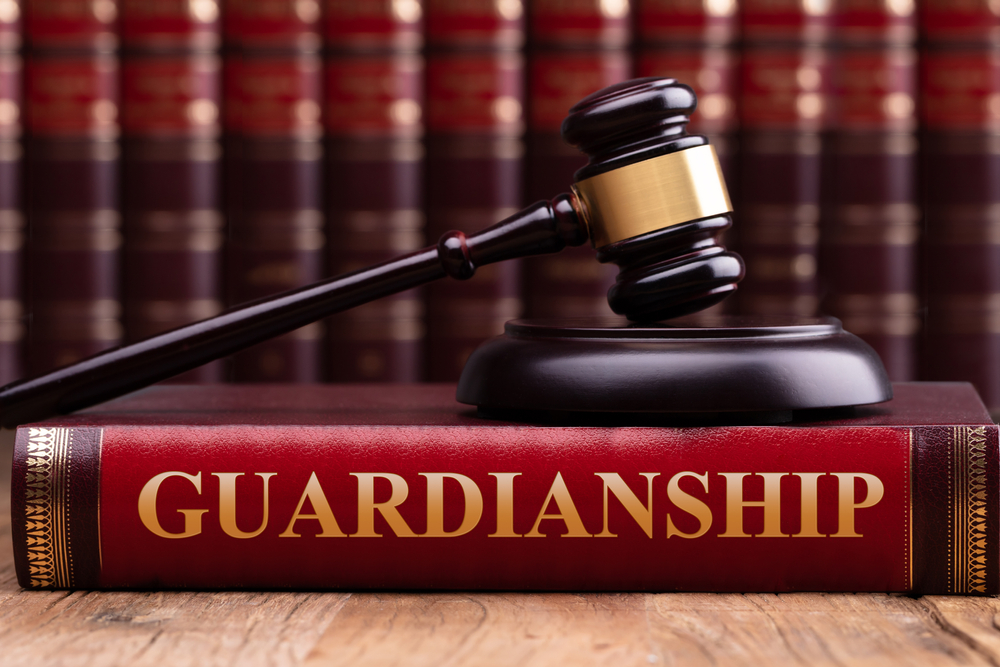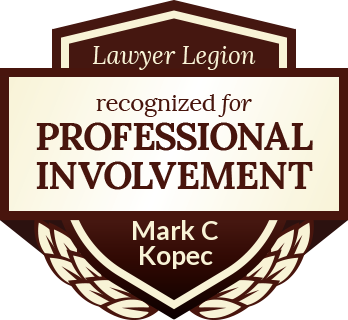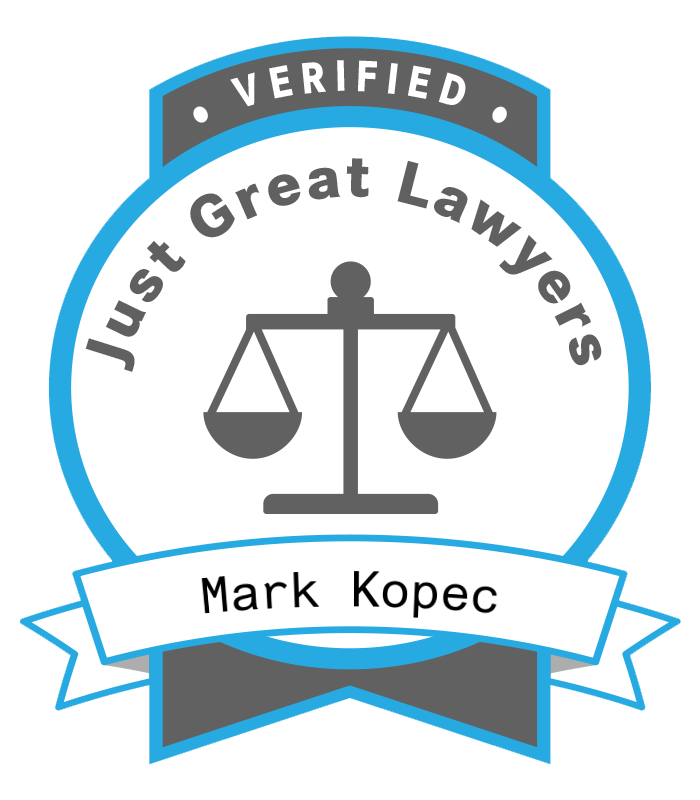Mark Kopec Now
Guardianship
⚕️ Navigating Medical Malpractice: The Role of Guardianship
Guardianship is a complex, sensitive, and vital legal process. This is particularly true when a disabled adult or minor is involved in significant legal proceedings. These include guardianship for a medical malpractice lawsuit. The courts view guardianship as a measure of last resort. It is to be employed only when a person’s ability to manage their own affairs is demonstrably compromised and no less restrictive alternatives are available.
The Kopec Law Firm provides this article to delve into the law surrounding guardianship. It explores the purpose, the process of appointment, and the powers granted. It also discusses the critical function of a guardianship in the context of pursuing a medical malpractice claim.
What is Guardianship and When is it Appropriate?
Guardianship is a legal arrangement that a court establishes where the court appoints an individual, known as the guardian. The guardian makes personal and/or financial decisions for another person, called the ward, who has a legal disability.
There are two primary types of adult guardianship:
- Guardian of the Person: This guardian is responsible for the ward’s personal welfare and physical needs. These also include decisions regarding health care, food, clothing, and shelter.
- Guardian of the Property: This guardian manages the ward’s financial affairs, assets, and income. These include paying bills, filing taxes, and managing investments.

A person is considered legally disabled for the purpose of a Guardian of the Person if they “lack sufficient understanding or capacity to make or communicate responsible decisions concerning his person… because of any mental disability, disease, habitual drunkenness, or addiction to drugs.” A Guardian of the Property may be needed if a person is unable to manage their property and affairs effectively due to physical or mental disability, disease, or other qualifying conditions, and has property requiring management.
Guardianship as a “Last Resort”
A court should only appoint a guardian if the court determines that no less restrictive form of intervention is available that is consistent with the person’s welfare and safety. Alternatives considered may include:
- Advance Directives/Health Care Power of Attorney: Appointing an agent to make medical decisions.
- Durable Power of Attorney: Granting an agent authority over financial matters.
- Representative Payee: An individual or organization appointed to manage government benefits (like Social Security).
Guardianship and Medical Malpractice Lawsuits
The need for a guardian becomes critically important when a disabled person or minor is the injured party (Plaintiff) in a medical malpractice lawsuit.
1. Capacity to Sue and the Legal Disability Toll
A party with a legal capacity to sue can bring a lawsuit. A person who is found to be legally disabled and cannot make or communicate responsible decisions concerning their person or property is, by definition, unable to effectively pursue a complex legal action like a medical malpractice claim.
- Initiating a Lawsuit: The Guardian of the Property that the court appoints must bring the lawsuit on behalf of the disabled person. The Guardian of the Property possesses the legal authority to hire an attorney. The guardian also can manage the litigation costs, and ultimately manage any monetary settlement or judgment awarded.
- Tolling the Statute of Limitations: A minor or an adult who is legally disabled at the time a medical injury occurs often benefits from a tolling provision in the statute of limitations. This means the law may suspend the deadline for filing the lawsuit until the court appoints a guardian, or until the individual is no longer under the disability. However, this is a complex legal area, and the appointment of a guardian may, in certain circumstances, start the clock running on the statute of limitations, as the guardian is expected to act on the ward’s behalf to protect their interests, including investigating a potential cause of action.
2. Informed Consent
A claim for medical malpractice may be based on a lack of informed consent. For a legally disabled person, the ability to give informed consent for treatment is absent. In such cases, the legally required consent for medical treatment, surgery, or procedures must be provided by the appointed Guardian of the Person. If a medical procedure is performed without the required consent from the legally authorized guardian, it may form the basis for a battery or negligence claim within the medical malpractice action.
The Process of Appointing a Guardian
Before a guardianship can lead to medical malpractice case, the court must appoint a guardian. The process for appointing an adult guardian is formal and involves the following critical steps:
1. Filing the Petition
The process begins when an Interested Person (e.g., a family member, friend, or caregiver) files a Petition for Guardianship in the county where the alleged disabled person (ADP) lives or is hospitalized. The petition must clearly state why a guardianship is needed and what type of guardian is being requested (Person, Property, or both).
2. Medical Certification
The petitioner must include sworn certificates of disability from qualified health care providers, typically:
- Two licensed physicians who have examined the ADP, OR
- One licensed physician and one licensed psychologist or licensed certified social worker-clinical.
These certificates must verify the person’s inability to make or communicate responsible decisions, describe the physical and mental diagnoses, and provide a prognosis.
3. Appointment of Counsel
To safeguard the ADP’s due process rights, the court appoints an attorney to represent the ADP unless the person already has one. The attorney’s role is to advocate for the client’s expressed wishes and also ensure the guardianship is truly the least restrictive option.
4. The Hearing and Court Determination
The court holds a formal hearing. The petitioner bears the burden of proving two main issues by clear and convincing evidence:
- That the person has a legal disability and needs a guardian.
- That the proposed guardian is the most appropriate and qualified person to serve.
If the court finds that the person has a disability and no less restrictive alternatives exist, it will issue an order appointing a guardian.
The Powers of a Guardianship – Medical Malpractice
The powers granted to a guardian are not absolute. The court determines the powers and specifically enumerates them in the Guardianship Order. Specifically, the court’s goal is always to grant only those powers necessary to provide for the demonstrated needs of the disabled person.
Guardian of the Person Powers
A Guardian of the Person typically has powers similar to those a parent has over an unemancipated minor child. These include:
- The right to custody of the ward and the ability to establish their place of abode.
- The duty to provide for the ward’s care, comfort, and maintenance.
- The power to give necessary consent or approval for medical treatment—a power that is essential in a medical malpractice context. However, for procedures involving a substantial risk to the life of the ward, the guardian generally must obtain further court authorization.
Guardian of the Property Powers
A Guardian of the Property is a fiduciary. This means they must act honestly and solely in the best interests of the ward. Their powers generally include:
- The ability to manage all of the ward’s assets (bank accounts, real estate, investments).
- The power to initiate and defend lawsuits on behalf of the ward. This is the vital authority in a guardianship to file a medical malpractice claim.
- The duty to account to the court for all financial transactions. The guardian then files regular reports detailing the management of the ward’s estate.
Guardianship is a profound legal step that transfers fundamental rights from the ward to the guardian. In a medical malpractice scenario, the appointment of a qualified and diligent Guardian of the Property is not merely a formality. It is a prerequisite for legally pursuing justice and financial recovery on behalf of a person who is unable to act for themselves.
If you have a potential medical malpractice claim, then visit our free consultation page or video. Then contact the Kopec Law Firm at 800-604-0704 to speak directly with Attorney Mark Kopec. He is a top-rated Baltimore medical malpractice lawyer. The Kopec Law Firm is in Baltimore and pursues cases throughout Maryland and Washington, D.C.





